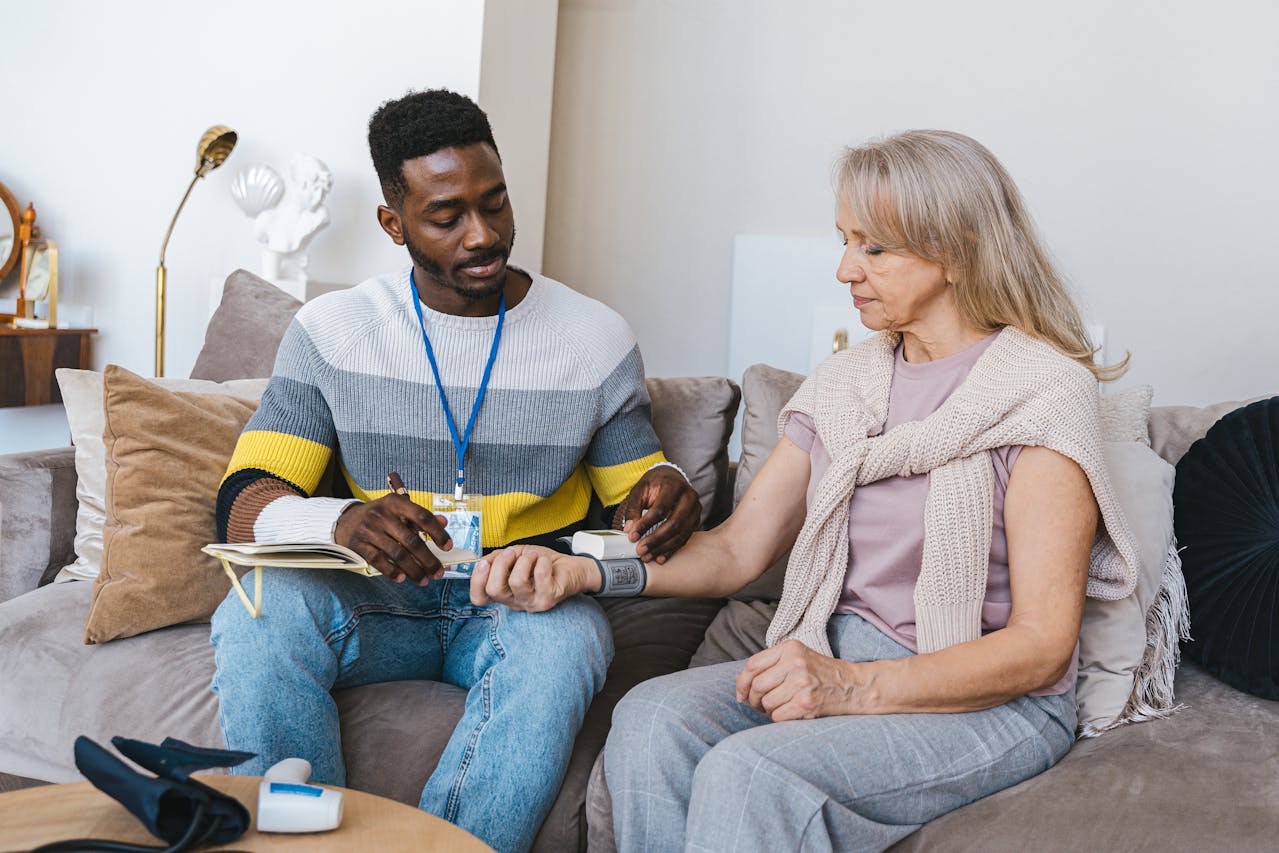Aging comes with unique challenges, but with the right community resources, seniors can maintain their independence, health, and social connections. Whether you or a loved one needs support with daily activities, medical care, or emotional well-being, there are many organizations and programs available to help. In this article, we’ll explore some of the most valuable community resources for elderly individuals and how they can enhance their quality of life.
1. Local Senior Centers: A Hub for Social Engagement
Senior centers serve as a lifeline for older adults looking for social interaction and recreational activities. These centers offer a variety of programs, including exercise classes, arts and crafts, educational workshops, and meal programs. Many also provide counseling services and health screenings, making them an essential community resource.
2. Home Health Care Services: Support in the Comfort of Home
For seniors who require assistance with daily activities, home healthcare services provide medical and non-medical support tailored to their needs. From skilled nursing care and physical therapy to personal care and companionship, these services help seniors remain independent in their own homes.
3. Meal Delivery Programs: Nutrition for a Healthier Life
Proper nutrition is key to healthy aging, but some seniors struggle with meal preparation. Organizations like Meals on Wheels deliver nutritious meals directly to seniors’ homes, ensuring they receive balanced diets. Many local churches and community groups also offer meal assistance programs to help older adults maintain good nutrition.
4. Transportation Services: Keeping Seniors Mobile
Many older adults no longer drive, making transportation a major concern. Fortunately, various community-based transportation services provide rides for seniors to medical appointments, grocery stores, and social events. Options include senior shuttles, paratransit services, and volunteer driver programs.
5. Financial Assistance Programs: Relief for Seniors in Need
Financial stability is crucial for seniors, especially those living on fixed incomes. Government programs such as Social Security, Supplemental Security Income (SSI), Medicaid, and the Low-Income Home Energy Assistance Program (LIHEAP) offer financial assistance to help seniors cover medical expenses, housing, and utility bills.
6. Support Groups and Counseling: Emotional Well-Being Matters
Aging can bring emotional challenges such as grief, loneliness, and anxiety. Support groups for seniors and caregivers provide a safe space to share experiences and receive guidance. Many communities also offer free or low-cost counseling services to support mental well-being.
7. Housing Assistance Programs: Safe and Affordable Living
Finding suitable housing can be difficult for seniors on a budget. Programs like Section 202 Supportive Housing for the Elderly provide affordable rental housing options for low-income seniors. Many local agencies also offer resources to assist seniors in finding safe and comfortable housing.
8. Legal Aid Services: Protecting Seniors’ Rights
Elderly individuals may need legal assistance for estate planning, power of attorney, and elder abuse cases. Free or low-cost legal aid services help seniors navigate these complex issues and protect their rights.
9. Volunteer and Engagement Opportunities: Staying Active and Purposeful
Many seniors find fulfillment through volunteering and engaging in community service projects. Programs such as AmeriCorps Seniors, Foster Grandparents, and local volunteer organizations provide opportunities for older adults to stay active and contribute to their communities.
10. Finding the Right Care: Online Directories for Home Care Services
Navigating home health care options can be overwhelming, but online caregiver directories simplify the process. Platforms like Online Care Finder make it easy to search for reliable home care services, ensuring seniors receive the support they need from trusted caregivers.
Final Thoughts
Access to the right community resources can make all the difference in the lives of seniors. Whether it’s social engagement, health care, financial support, or legal aid, these programs empower older adults to live safely, comfortably, and independently. By taking advantage of these resources, seniors and their families can navigate the aging journey with confidence and peace of mind.

Leave a Reply